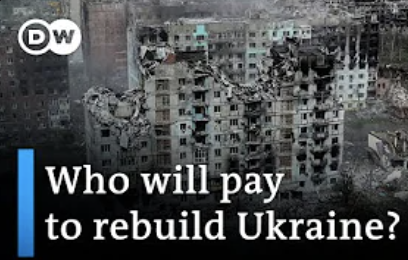
Allies pledge billions for Ukraine’s reconstruction | DW News
Delegates from 60 countries came together in London at a conference on rebuilding Ukraine. Kyiv says it will need a 21st century Marshall Plan. Much

Delegates from 60 countries came together in London at a conference on rebuilding Ukraine. Kyiv says it will need a 21st century Marshall Plan. Much
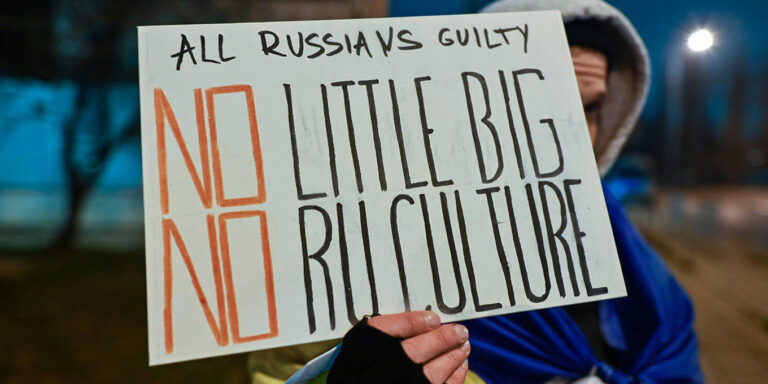
One day, Russia may indeed become a genuine democracy where imperialist aggression is unthinkable. For now, the reality is different: Putin is an organic product
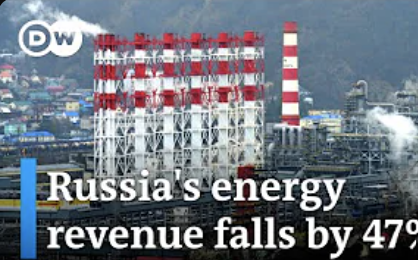
According to the US Treasury, Russia’s oil revenues have taken a major hit following the implementation of a price cap on Russian crude by the
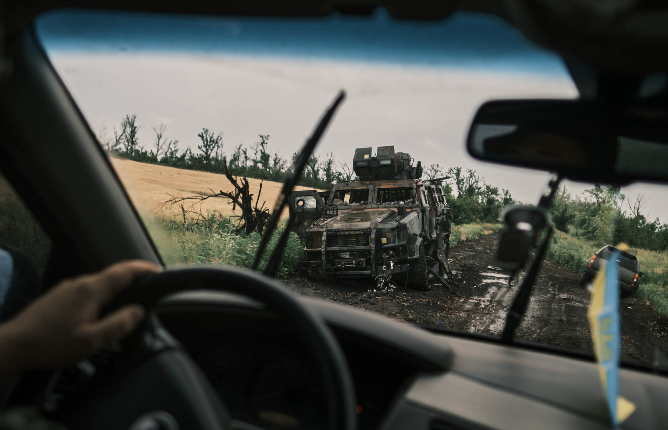
Western support to Ukraine has been too small and too late. This has allowed Russian troops to kill and rape Ukrainians. Amidst the mainstream expectations

Corruption has been humanity’s scourge since the beginning of time. We may debate when corruption started but frankly it does not matter whether it was
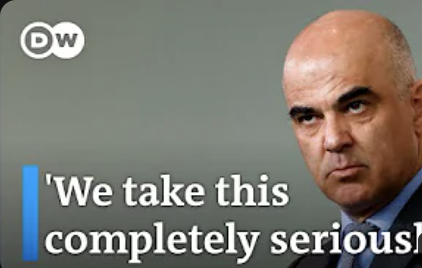
Is Switzerland doing all it can to implement sanctions on Russia? And what are other western countries doing to prevent Russia from trading with the

The post-war reconstruction of Ukraine has drawn immense attention and a number of proposals have been put forward to outline a way forward. Contributions from
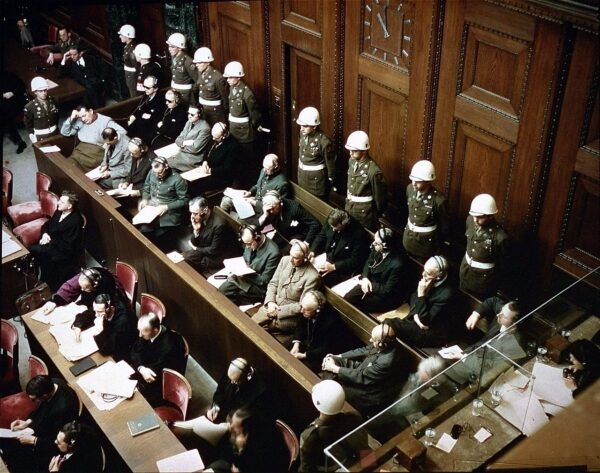
Recently a representative of Putins opposition, Leonid Volkov (who resigned from chairing the Navalny fund upon the revelation of his signature under the letter calling
Donations are collected through the AI for Good Foundation, an IRS 501(c)3 Public Charity (81-1631000)